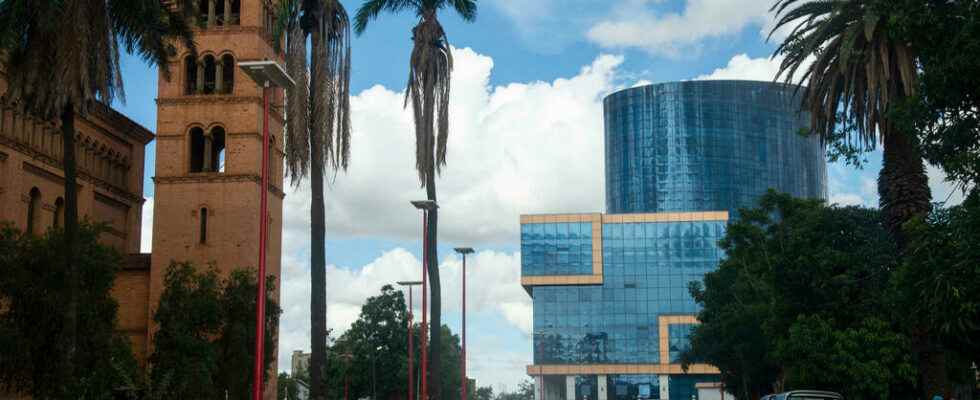The work of the Roundtable on intercommunity reconciliation, launched last Friday, continues in Lubumbashi with, this Monday, April 25, the governors of the provinces of Kasai and Katanga. Far from microphones and cameras, the discussions focused on these recurring tensions between Katanga and Kasaian communities. Officially, all the delegations deny the existence of such tensions and prefer to focus on the management of motorcycle taxis, often associated with the UDPS party of President Tshisekedi, himself from Kasai.
With our correspondent in Lubumbashi, Denise Mahého
The discussions are taking place behind closed doors and the very term “community tensions” seems taboo. The governors of the provinces of Kasai and Katanga have set up two panels where the different social groups living in Lubumbashi express themselves.
Among the delegations heard, that of the Common Front for Congo, FCC of Joseph Kabila. Professor Mande Mutombo is the provincial coordinator. He denies community tensions but recognizes a problem of integration of communities from other provinces: “ Community tensions in Haut Katanga ? The FCC said no, there are no community tensions. There is quite simply a problem of non-integration of those who come. It’s just an apparent friction. »
Read also: DRC: Kasaian migrations in Katanga at the heart of a round table in Lubumbashi
Another group that took part in the discussions is that of motorcycle taxis. These motorcyclists say they are victims of discrimination because the mayor of Lubumbashi recently banned the circulation of motorbikes in the city center.
Henry Mbuyi is the president of the motorcyclists association of Congo: A motorcyclist creates his own business while the state has given him nothing. But you want to deprive him of the possibility of running his small business… Where do you want to take him? ? We don’t want that, we want peace. »
These tensions had already been denounced in 2019 at the time of the elections. Civil society then pointed the finger at politicians as manipulative agents to pit communities against each other.
